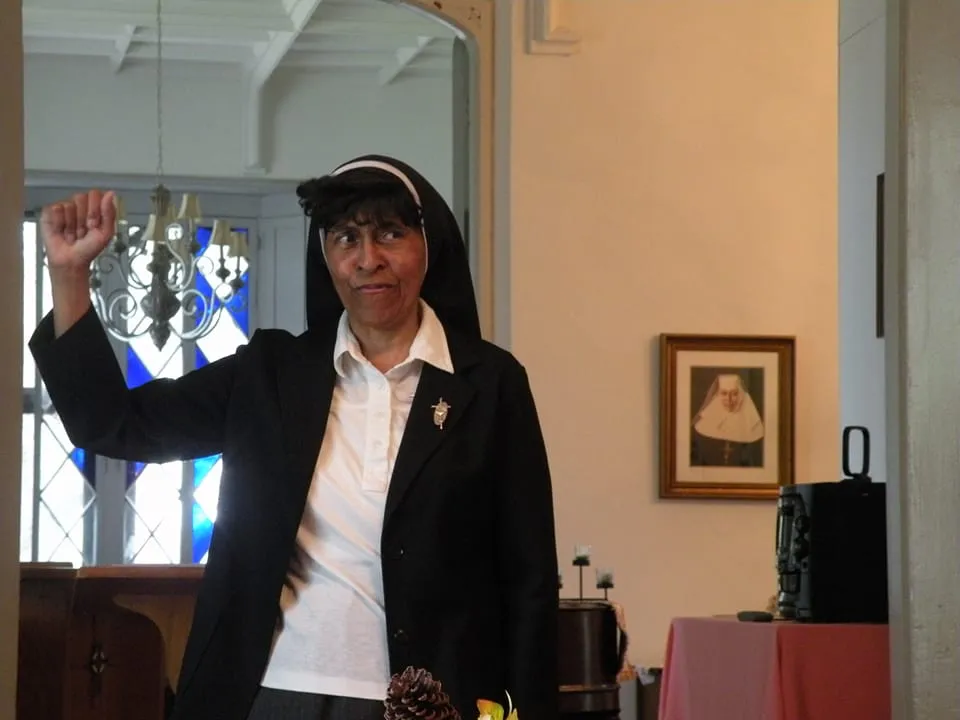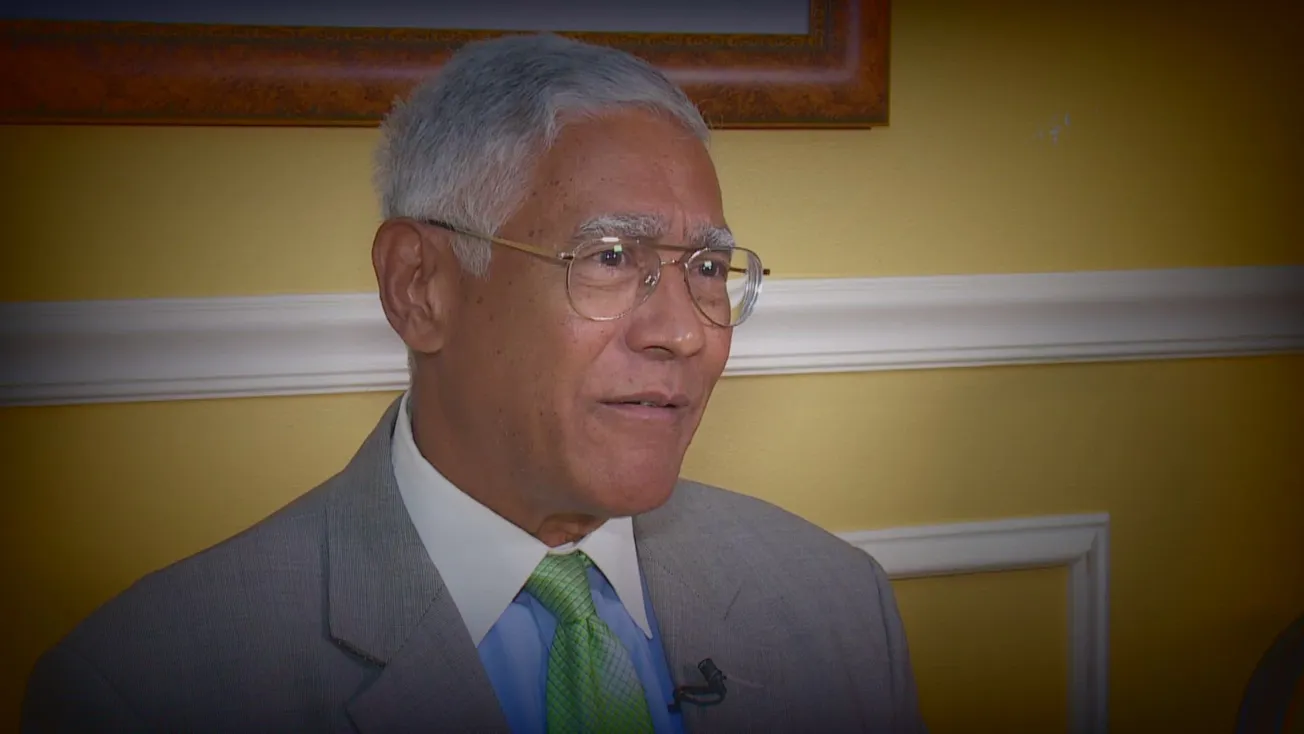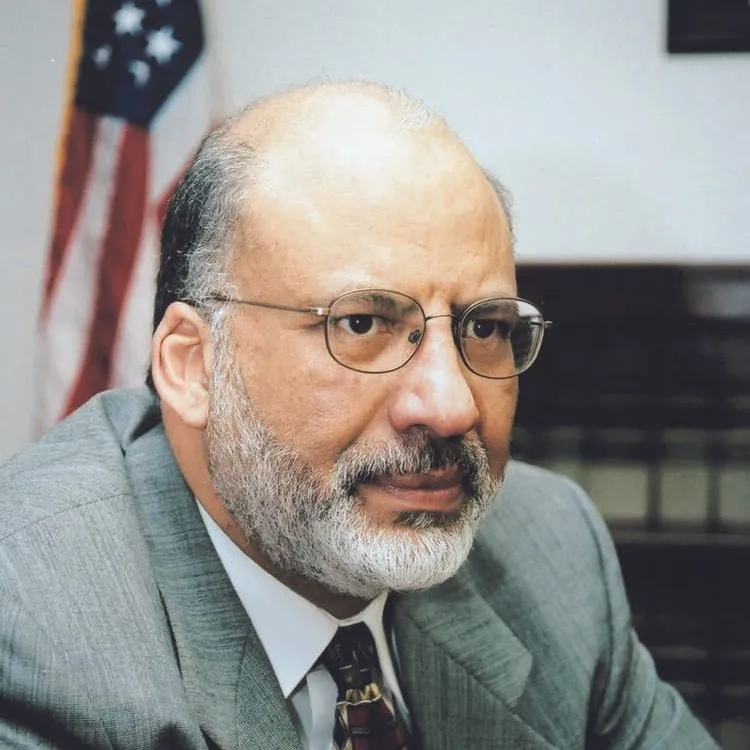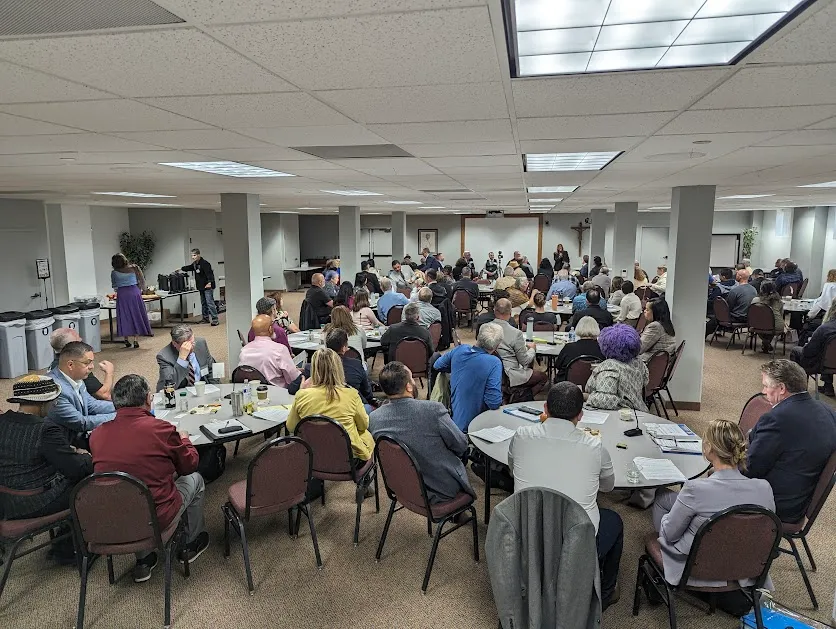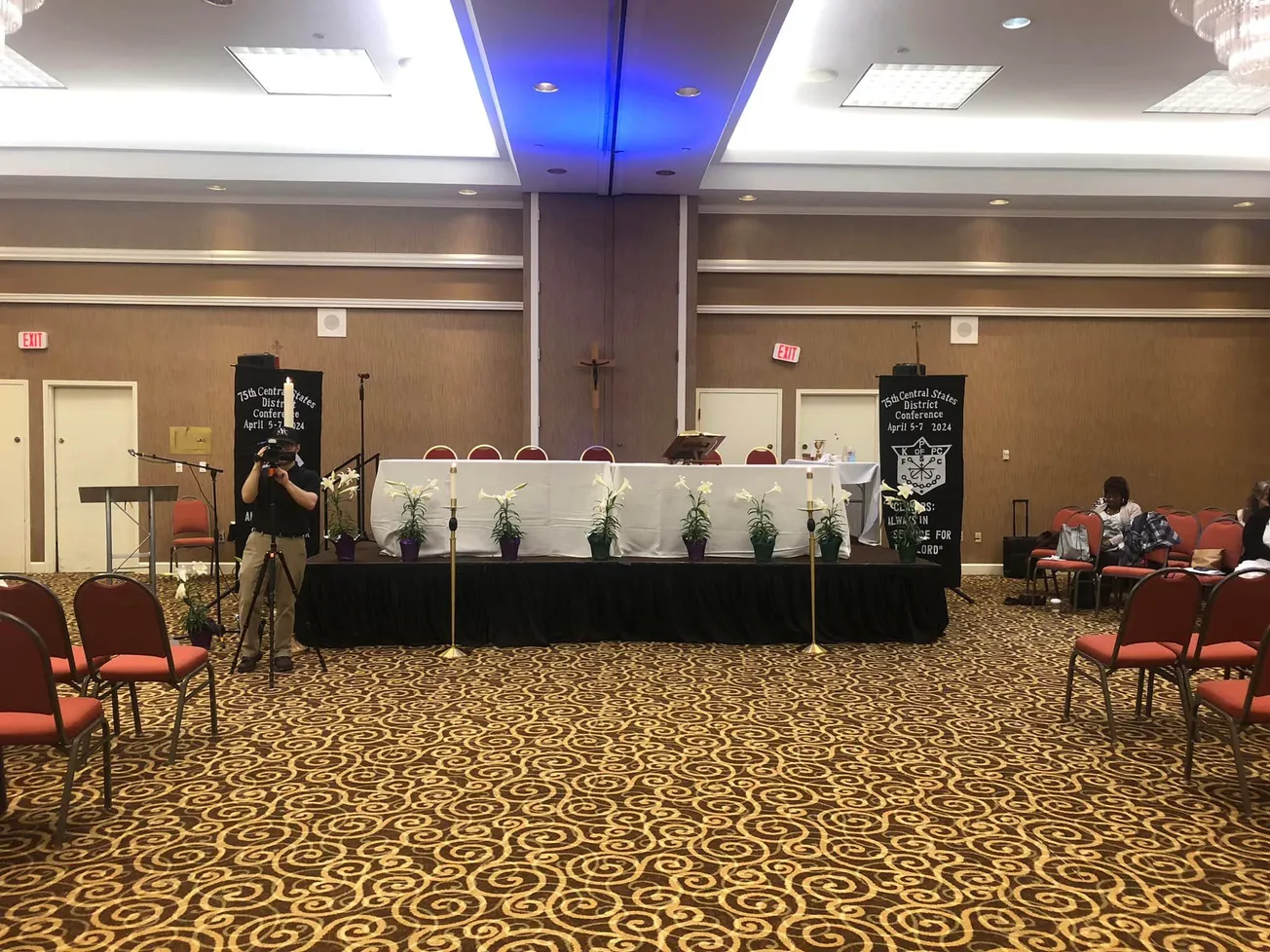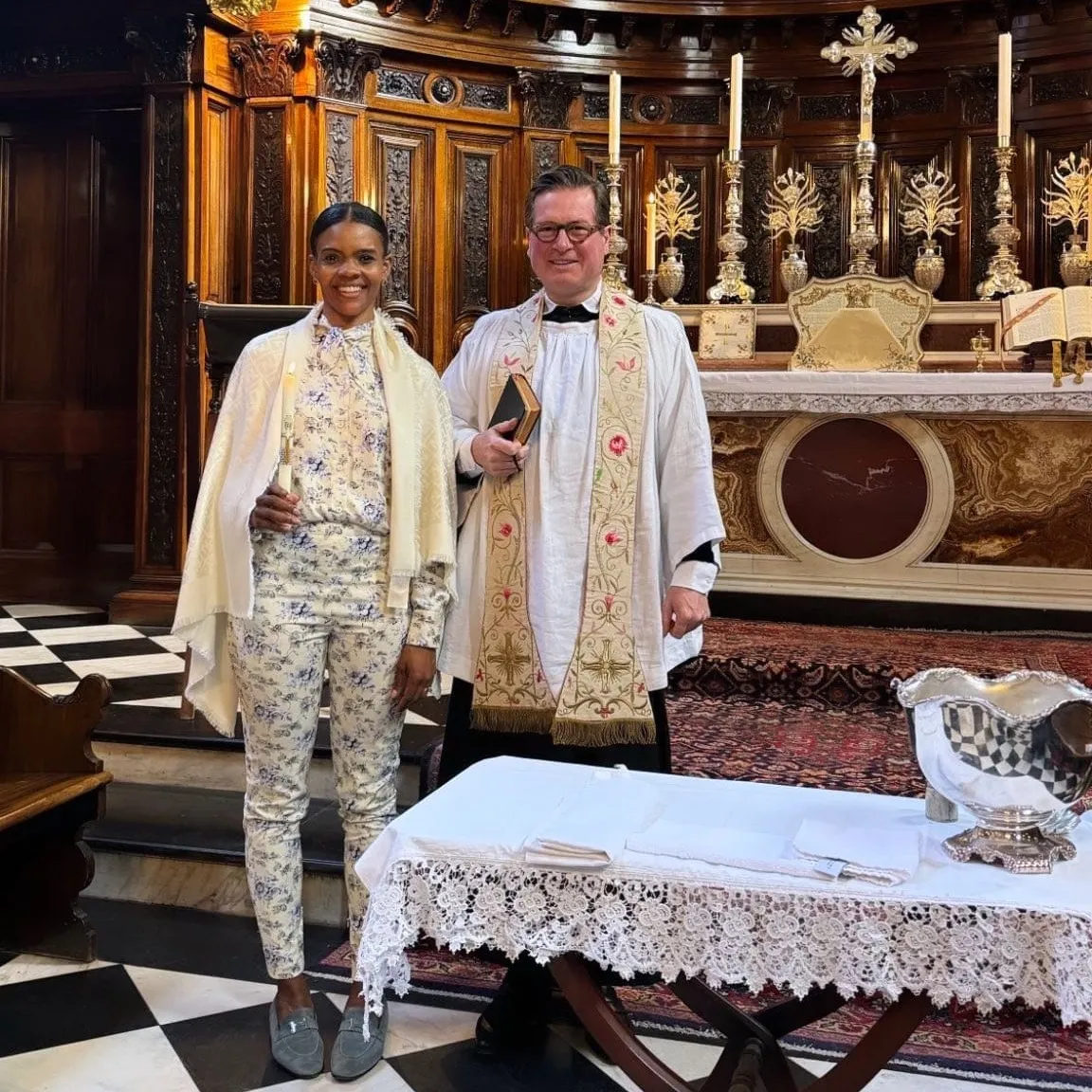Jean Knight, the New Orleans native known for her chart-topping 1971 hit “Mr. Big Stuff,” has died in Tampa, Florida, of natural causes. She was 80 years old.
Her passing on November 22 was first announced by her family, which issued a statement calling the singer’s legacy “not just a musical one.”
“It is a testament to the enduring love between an artist, her hometown, and the fans who adored her,” it reads, shared on Twitter/X by New Orleans journalist LeBron “LBJ” Joseph.
“As we bid farewell to this iconic soulstress, New Orleans and her global fan base join together in gratitude for the indelible mark she left on the world.”
RIP Jean Knight... we've all sung Mr. Big Stuff a time or two! pic.twitter.com/wgRECAHHBu
— LBJ📺📻 (@lbjnola) November 26, 2023
Knight was born Jean Audrey Caliste in New Orleans in 1943, the youngest of three girls among eight children. Raised as a Catholic, she noted in her early career how her musical influences—like those of many Black artists in her era—were not necessarily the typical ones, even in church.
Having been reared in the era of the Latin Mass, her knowledge of Gregorian chant would be supplemented with non-European styles by way of her mother Florence Edwards, a Baptist. Over the years, Edwards involved her in the vaudeville act she ran with Knight’s father, Louis Caliste Sr.
“I learned to appreciate gospel [music] through my mother,” Knight said in an interview with Jet magazine in 1971.
“I guess I get my love for show biz naturally.”
Knight’s career had small beginnings, featuring gigs in her cousin’s bar in New Orleans before she recorded a demo for a cover of Jackie Wilson’s 1960 cut “Doggin’ Around” five years after its original release. She caught the attention of a record producer from Louisiana and was signed to a contract.
Adopting the stage moniker “Jean Knight” to avoid mispronunciation of her Louisiana Creole surname, she recorded a number of singles to minimal fanfare throughout the funk and soul era of the 60s. Eventually she took on work at St. Mary’s Dominican College in New Orleans before being re-discovered by songwriter Ralph Williams of Stax Records in 1970.
Linking up with a fellow Black Catholic in producer Wardell Quezergue, Knight saw quick success with a new single, “Mr. Big Stuff,” a women’s empowerment anthem she chose as her first release on Stax after a bit of divine assistance. (At least in part, she credited novenas to St. Jude with her newfound fame.)
After being rejected by several national labels, the track became a #1 Billboard hit on the R&B charts in 1971, also reaching #2 on the Hot 100. It sold more than two million copies and was nominated for a Grammy Award, skyrocketing Knight to the national stage, though only for a time.
The album of the same name had some success, but it would be her only release on Stax.
:max_bytes(150000):strip_icc():focal(1198x509:1200x511)/jean-knight-dead-around-1970_0879-a3ccc6b36adc4c7297e0dfaac2687e09.jpg)
A second wind in Knight's career came in the 1980s, when she found a new label and toured again. Her cover of the zydeco classic “My Toot Toot”—from another co-religionist, Rockin’ Sidney—met critical and popular acclaim in 1985. “Mr. Big Stuff” soon saw renewed attention as well.
“[It] spoke not only to the timeless quality of her music but also to the enduring love of her fans, both old and new,” Knight’s family said.
“Over one million additional copies of ‘Mr. Big Stuff’ were sold, and the song became a staple in the hearts of fans worldwide.”
Knight was inducted into the Louisiana Music Hall of Fame in 2007, the same year her single “Do Me” was included in the soundtrack for the cult classic film “Superbad.” At the time, Knight had recently resided in a New Orleans FEMA trailer following the devastation of Hurricane Katrina, though she would eventually recover her home and return to performing.
Her family notes that in her later years, as she toured sporadically and performed mostly in her native Louisiana, Knight remained firmly committed to her roots.
“[She] loved cooking delicious Creole dishes for family and friends, celebrated Mardi Gras with several local krewes, and proudly served on the Louisiana Music Commission,” they noted.
“Her resilience and determination led to the formation of her own label, Comstar, which led to greater creative freedom while staying true to the musical traditions that shaped her.”
Knight was married and divorced twice and is survived by her son Emile Commedore, four grandchildren, and three great-grandchildren. Funeral details for Knight have not been announced, and the family has requested privacy “during this difficult time.”
Nate Tinner-Williams is co-founder and editor of Black Catholic Messenger.



